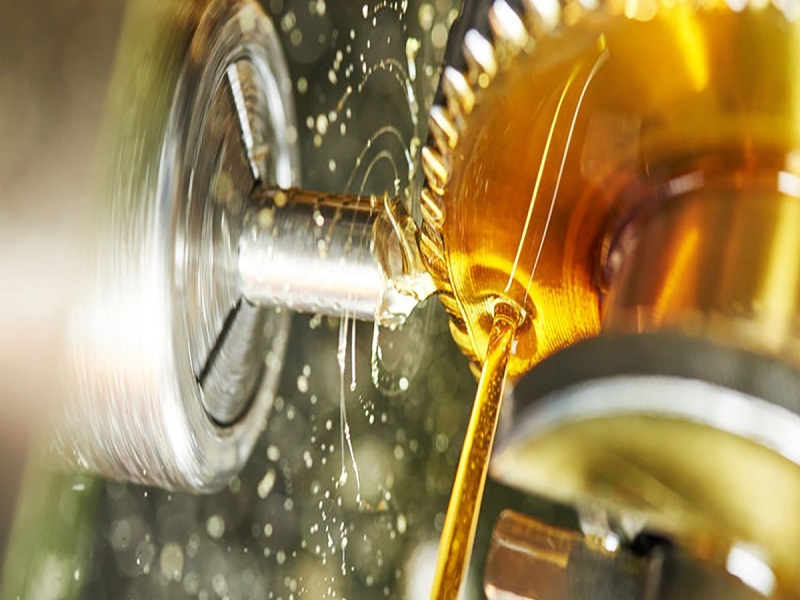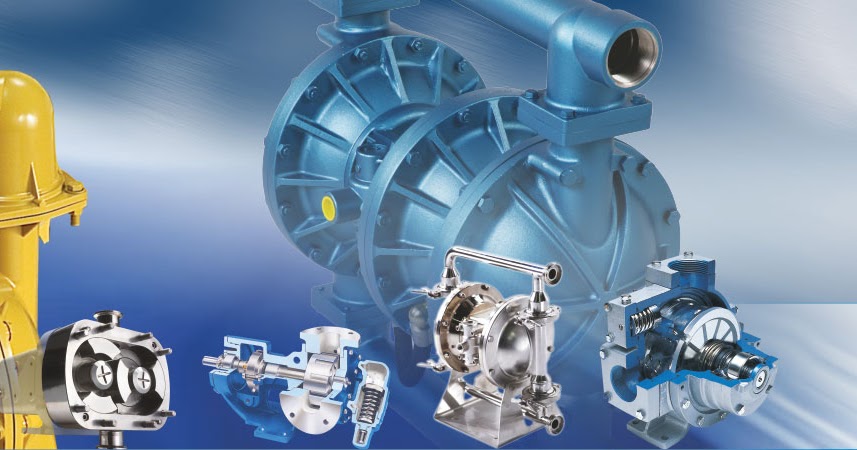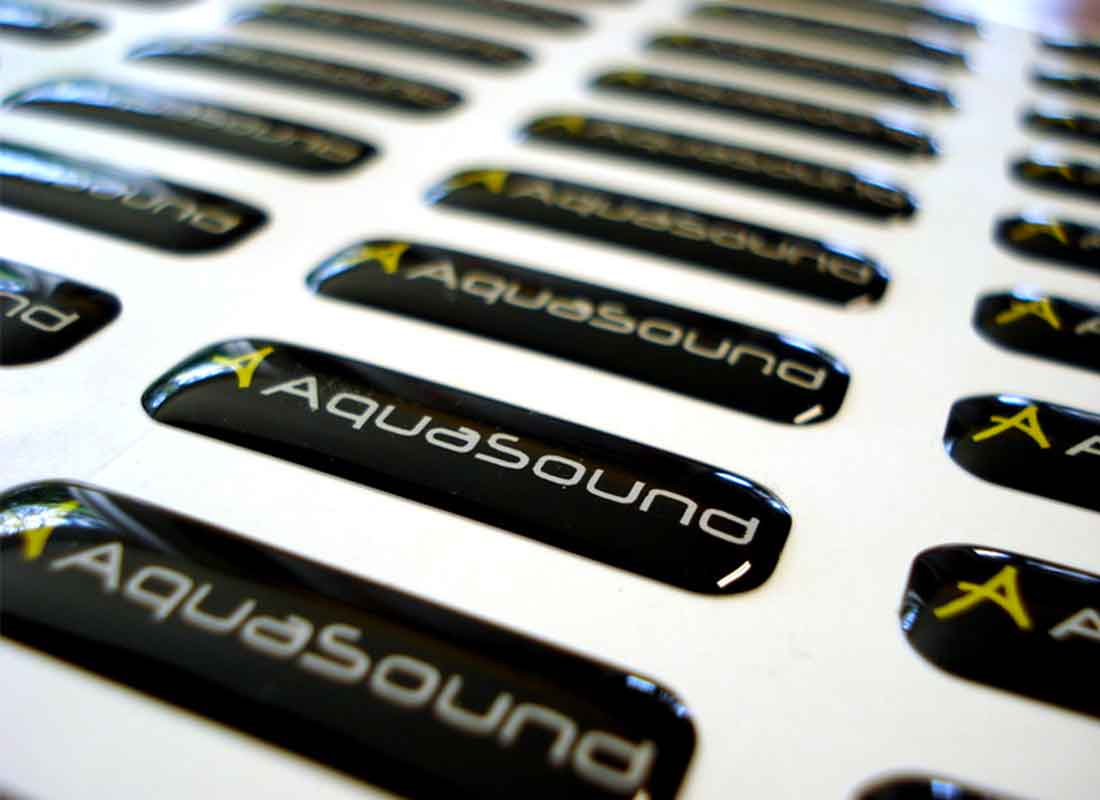If you’re in charge of purchasing hydraulic oils for your shop, you may think that you know everything there is to know about the subject. However, like most products on the market, Hydraulic Oils have some unexpected properties that might surprise you when they come into play in your business.
Below Mentiond thing are well known for Hydraulic Oil:
1) Why do we need hydraulic oil?
Hydraulic oil is a key component in many industrial and construction machines. It helps transfer power from the engine to the working parts of the machine. Without hydraulic oil, these machines would not be able to function. In fact, without it they would break down completely!
2) The many different types of hydraulic oil
There are many different types of hydraulic oil, each with its own benefits and drawbacks. The most common type is mineral oil, which is made from petroleum. This type of oil is cheap and has good heat-resistance, but it can be corrosive to seals and other parts. Another common type is synthetic hydraulic oil, which is made from chemicals. This oil is more expensive, but it doesn’t break down as easily in high temperatures.
A third type of hydraulic oil is animal fat based. It’s an eco-friendly option that’s often used for low-volume or short-term use applications because it doesn’t last very long. A fourth type of hydraulic oil, silicone fluid, is also available on the market. It’s best for use in harsh environments where there’s a lot of dust or water because the silicon coatings protect the oil from moisture and corrosion.

3) How to choose the right oil
When it comes to hydraulic oil, there are a few things you need to take into account in order to choose the right one for your needs. The first is the operating temperature. You need to make sure that the oil can withstand the temperatures that it will be exposed to during operation. The second is the level of lubrication required. This will vary depending on the application. The third is compatibility with other materials.
4) Where are hydraulics used?
In the automotive industry, hydraulics are used in brakes, power steering, and automatic transmissions. They’re also used in construction equipment like excavators and bulldozers. In fact, just about anywhere there’s a need for lifting, pushing, or moving heavy objects, Hydraulic Pump are likely to be involved.
With their quick response time and high-torque output, hydraulic systems are particularly useful when precision is key. For example, they’re often found in large machine tools that produce delicate parts. There’s even hydraulic fluid in your eye! That fluid is responsible for keeping your eyeball round by pumping liquid into the tissues surrounding it.
5) What is EP?
EP, or extreme pressure, is a type of additive used in hydraulic oil. It helps to prevent wear and tear on metal surfaces, and can extend the life of your equipment. EP also provides better protection against rust and corrosion. As well as adding lubricity, which allows for smoother movement of machinery components. If you’re working with high-pressure hydraulic systems, it’s imperative that you use EP for optimal performance.
Hydraulic oil is a key component in many industrial and construction applications. Hydraulic oil is a type of mineral oil and it can be recycled and reused. Just make sure to choose the right one.




